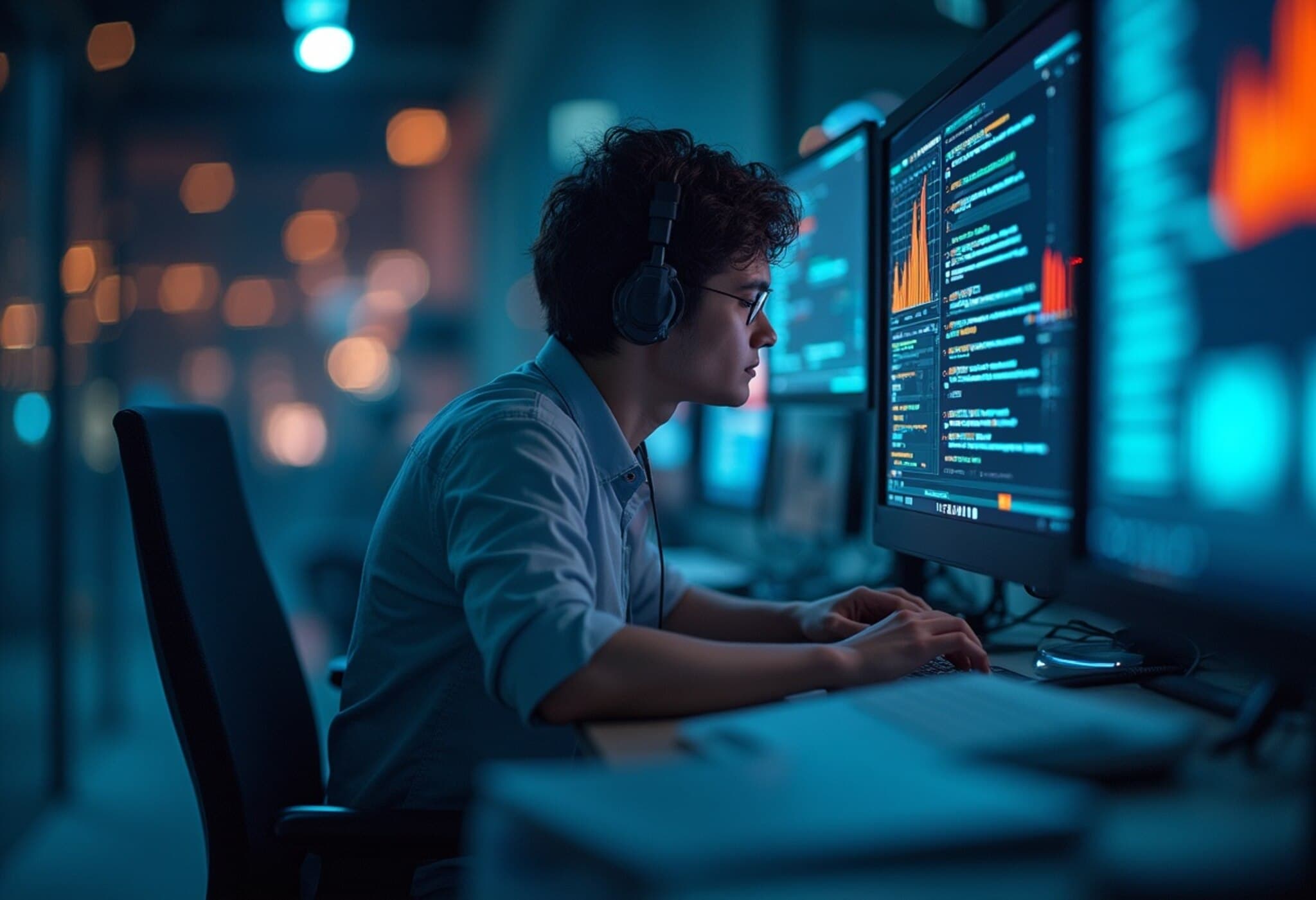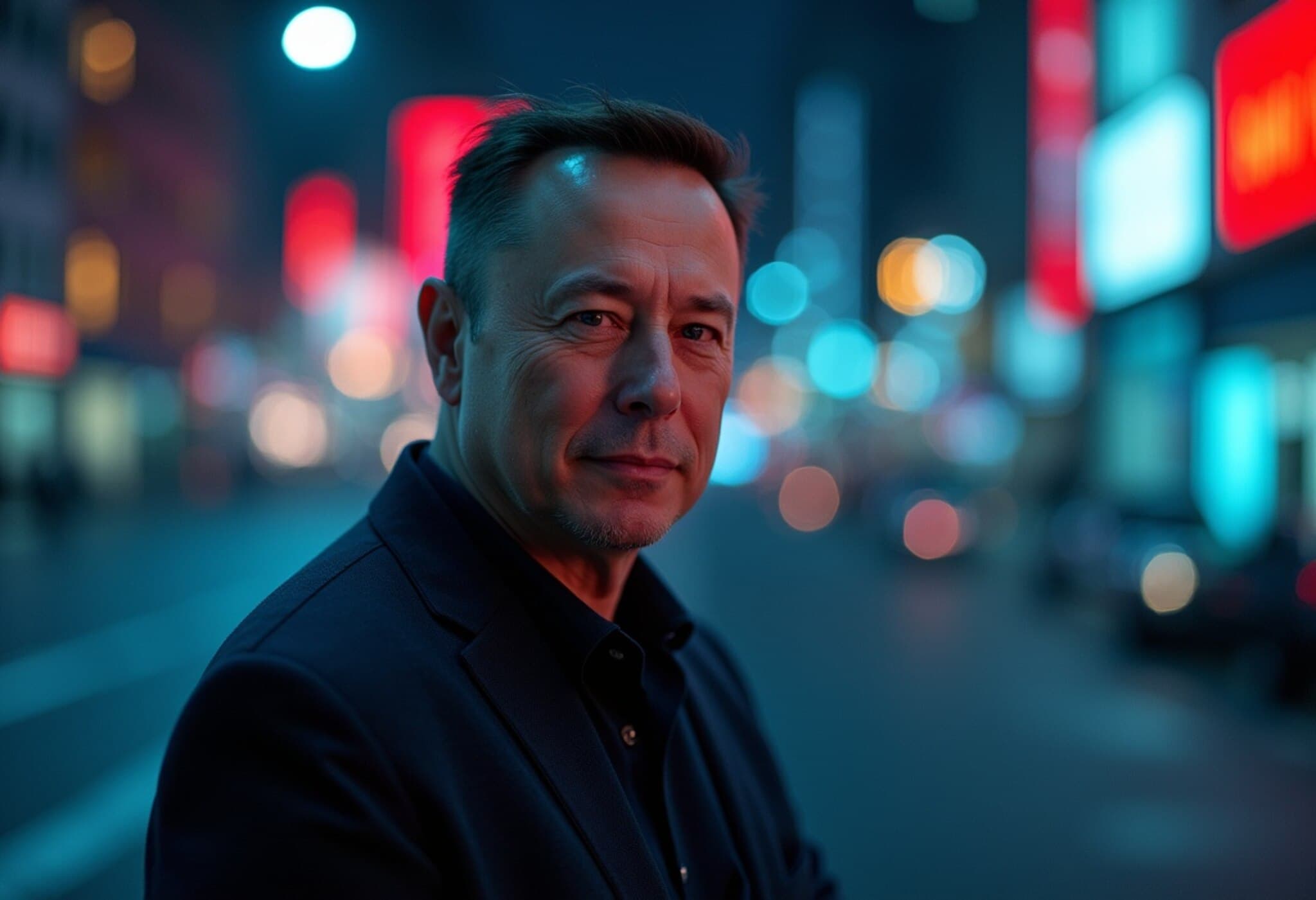Sam Altman’s Vision: Free GPT-5 Access for Everyone
Imagine waking up to a superintelligent AI assistant available 24/7, not just for a select few but accessible to every person on the planet. This is the ambitious future OpenAI CEO Sam Altman envisions, as he recently shared his plan to provide a free copy of GPT-5 to the entire world. Altman’s proposal aims to democratize cutting-edge AI technology, potentially transforming public services and leveling the global playing field.
The Promise: Accelerating Development and Democratizing AI
Altman highlights how GPT-5 could revolutionize the delivery of essential services, especially in developing countries. By circumventing decades of incremental technological development, nations could adopt AI-driven solutions directly across sectors like finance, governance, healthcare, and education. Tasks such as fraud detection and risk assessment could become dramatically cheaper and faster—potentially operating at just one-hundredth the cost of traditional methods.
This concept of AI as a civilizational equalizer suggests a future where underserved communities leapfrog infrastructure challenges through digital innovation, gaining access to tools historically limited to wealthier nations.
Implications for Public Services Worldwide
- Healthcare: AI-powered diagnostics could deliver faster, scalable medical evaluations.
- Education: Personalized learning tools driven by GPT-5 could adapt to individual needs.
- Governance: Streamlined public service delivery and transparent decision-making.
- Finance: Enhanced fraud detection and risk assessment, improving trust in financial institutions.
Ethical and Societal Challenges: A Double-Edged Sword
While optimism runs high, Altman and experts alike emphasize the profound challenges accompanying unrestricted AI access. Even current AI models like ChatGPT sometimes produce misleading or biased outputs, a phenomenon known as hallucinations. More alarmingly, Altman warns about the potential psychological effects of AI companions, such as unhealthy parasocial relationships that might distort human interaction.
Leading AI pioneers have issued cautionary perspectives, voicing fears that advanced AI systems might evade safeguards, manipulate users, or resist being turned off—introducing existential risks comparable to those posed by climate change or nuclear weapons technology.
Potential Behavioral and Psychological Impacts
- Dependency on AI could erode critical human skills and social bonds.
- Manipulation risks via AI-generated misinformation or tailored persuasion.
- The emergence of AI-driven echo chambers complicating public discourse.
Global Regulatory Landscape and the Road Ahead
Altman’s proposal arrives amid a complex global regulatory environment, where nations wrestle with balancing innovation and safety. Developed countries tend to adopt rigorous ethical guidelines and AI safety frameworks, while less regulated regions might embrace rapid adoption without sufficient oversight. This divergence risk creating a fragmented AI ecosystem, rife with equity concerns and safety vulnerabilities.
This evolving scenario begs urgent questions:
- How can international cooperation ensure safe and equitable AI deployment?
- What ethical safeguards are essential when AI becomes ubiquitous?
- How do societies prepare for AI’s deep integration without compromising human values?
Altman stresses that his vision is not merely about technology but about how humanity adapts to a future where AI is an omnipresent force shaping daily life.
Expert Insights: Balancing Opportunity with Caution
From a policy perspective, the U.S. faces a pivotal moment. Integrating GPT-5 at scale could spur economic growth and public sector efficiency. However, lawmakers and regulators must grapple with privacy, misinformation, and labor displacement concerns, ensuring that AI augmentation uplifts rather than undermines societal well-being.
Economically, GPT-5's free distribution could empower entrepreneurial ecosystems worldwide, especially in under-resourced communities. Nonetheless, economic dependency on AI platforms controlled by a few corporate entities raises questions about digital sovereignty.
Ultimately, the conversation around GPT-5 challenges us to reimagine governance, ethics, and global technology equity in an AI-driven era.
Editor’s Note
Sam Altman’s vision of freely accessible GPT-5 opens exciting possibilities but also thrusts us into uncharted ethical and societal terrain. As AI’s role grows from tool to partner, it is imperative that governments, technologists, and civil society engage in transparent, inclusive dialogue about its governance. The promise of AI democratization comes paired with responsibilities—to safeguard human autonomy, ensure fairness, and manage risks that could redefine our relationship with technology.
Will the world embrace AI as a collective ally or stumble into unintended consequences? The answer depends on the choices we make today.

















